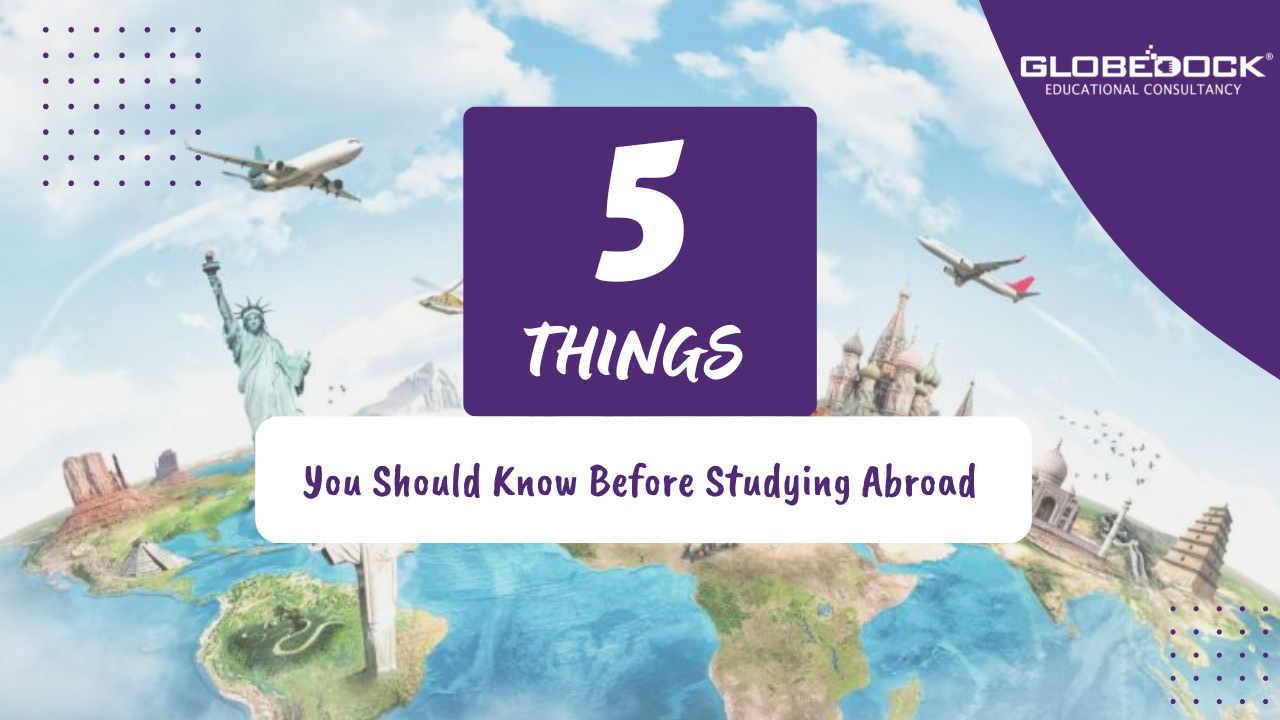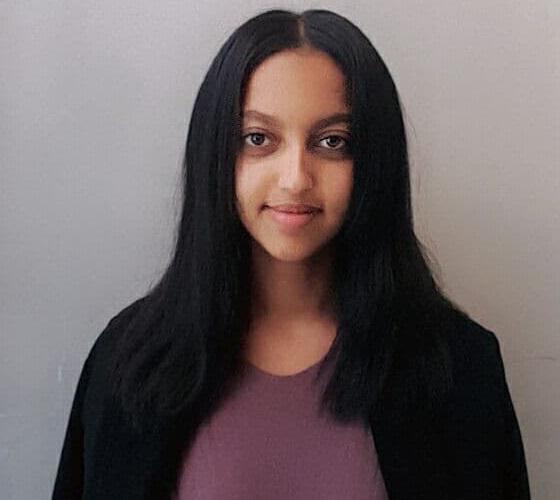5 Things You Should Know Before Studying Abroad
You're ready to set off on a journey of a lifetime, but there are a few things you need to do first. With this clear and simple guide, GlobeDock is here to help you prepare to study abroad.
5 Things You Should Know Before Studying Abroad
1.Research Your Destination and University
The first step is to identify a country and university that meet your requirements for studying abroad. This will include culture, the environment, the field of study, and the required budget. Finding out these details will assist you in making the best decision possible.
It is critical to conduct research on your destination. You should make a list of things you need to do when you arrive at your destination so you don't make rash decisions. The best way to do this research is from students who studied the same destination as your school , read travel guides, and ask people you know who have been there. Remember to double-check your landing location and the details of your dorm and stay.
After that, you can come to our office for more information on the country you've decided to study in. We are always willing to assist you!
2.Budget Your Expenses Prior Your Trip
Often, studying abroad is very expensive, and sometimes even more than expected. And this is where GlobeDock comes in. GlobeDock facilitates loans to those who want to study in the United States. There are numerous major costs associated with travel, as well as minor costs that you may not consider. Our best advice is to begin saving several months before your trip and to create a written budget that includes all of the expenses you anticipate. Also, Preparing your bank statement 6 month prior to your intake is mandatory.
3.Compile and Copy all Important Documents
After exploring and choosing a university, make sure to obtain all of the necessary documentation required by the university to which you are applying. Depending on the country and university, documents such as the National exam report, grade 9-12 transcript, recommendation letters, awards and certificates, and English proficiency exam results may be included.
It is important to preserve both a digital and physical copy of any critical documents you may require while applying and traveling in case the official documents are lost. Acceptable documents include your passport, birth certificate, admission letter, National exam report paper, bank statement, and any additional documents you may require. Keep the copies in a safe place where only individuals you trust, such as family and close friends, can access them.
4.Passport and Visa
All students who wish to study abroad must have a passport that is valid for at least six months and up to one year before the intake. When it comes to document fulfillment for students, such as the International exam, a passport is required. Students should always apply for a passport as soon as possible; passport applications may need to be expedited in some cases.
If this is your first passport, when you go to apply for it, don't forget to bring:
- Your birth certificate
- 2 recent passport-sized photos (these can be taken at local photo-printing places)
- Your passport application
- Payment
If you are renewing an old passport, you can leave behind your birth certificate in exchange for your expires passport.
To study abroad, you may need a visa in addition to a passport. Different countries have different visa requirements, so you can get information about visa requirements and any special travel restrictions by contacting the nearest embassy or consulate of the country you intend to visit.
Despite the fact that visa application processes vary widely, and some visa processes are complicated and require multiple steps, GlobeDock also provides embassy training and sets appointment dates for your visa.
5.Prepare Yourself Mentally
While saying goodbye can be difficult, it is an essential part of the journey. And just think of all the fun you're about to have! Be prepared for the unexpected! You will undoubtedly meet people who have different conceptions of time and personal space when studying abroad. Be open to learning and observing these differences without passing judgment. These very distinctions will surely enhance your comprehension of your own culture.
Get into the habit of reading news articles well before you leave so you're up to date on current events both at home and abroad. You should also inform your friends and family about where you'll be traveling and what you'll be doing. Having a solid support system will assist you in overcoming the difficulties of living in an unfamiliar place far from home.
Even though you can never be completely prepared when you arrive, GlobeDock hopes these tips will help you get started!


pls tellme
How does it start?